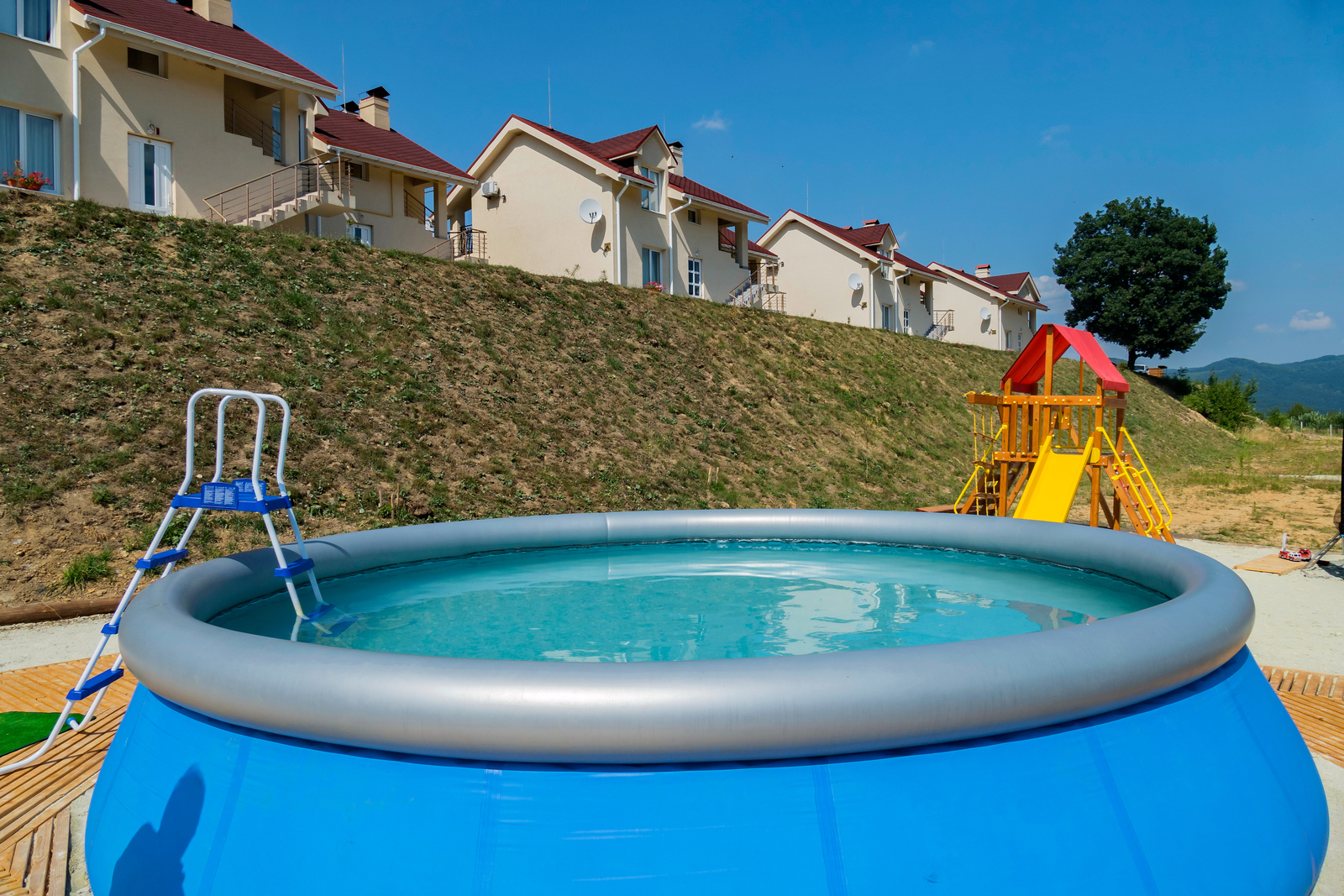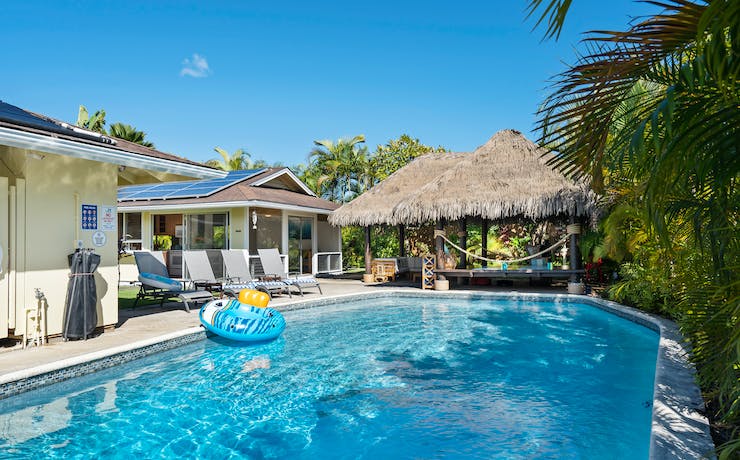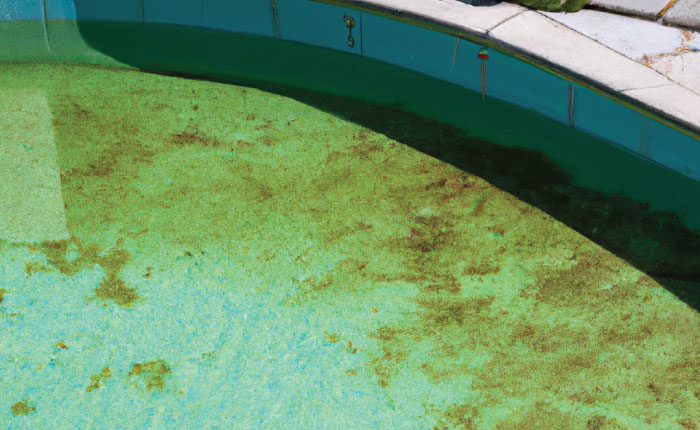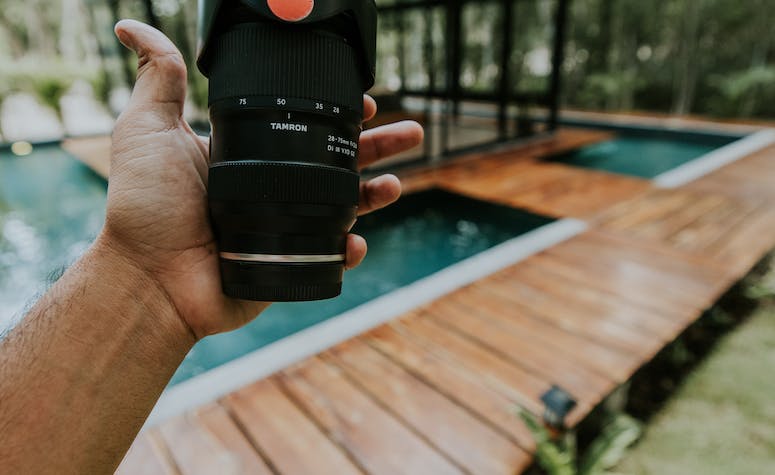
Above Ground Pool is Cloudy (Read this First)

A cloudy pool can be quite unsightly. However, fixing it should be easy, especially if you know why it’s cloudy in the first place. So, if you’ve ever wondered why your above ground pool is cloudy, then it’s important to note that there could be several reasons why. Here are some of the possible reasons your pool is cloudy.
Above Ground Pool is Cloudy
The most common cause of cloudy water is free chlorine (FC) Levels. Solving the problem requires you to test your free or combined chlorine levels. If the combined chlorine level is above 0.5ppm or your free chlorine level is below 3ppm, then you’ll need to shock the pool immediately to fix the cloudiness.
However, there are cases when your pool may have ammonia. This is likely to occur during summer when you’re opening the pool after closing it for winter. Typical signs of ammonia in your pool include severe cloudy water that is difficult to clear. If you notice these signs, you’ll need a lot of liquid chlorine to fix the cloudiness.
Other causes of cloudy pool water include:
Imbalanced Chemicals
An improperly balanced pool might turn cloudy because there’s too much or too little stabilizer (Cyanuric acid), alkalinity, pH, chlorine or calcium hardness.
Faulty Filter
A faulty filter can lead to poor water circulation and result in pool cloudiness. This may mean you filtration system has worn out or clogged filter cartridges, you may not be running the filter for long enough or your filter has scaling.
Environmental Factors and Debris
Pollen, dust and debris can build up in your filter and impede the proper cleaning of your pool. Bird droppings, run-off water after a storm and insects may also result in a cloudy pool. Run-off water further destabilizes the chemical balance in your pool by bringing phosphates, nitrates and other chemicals into your pool.
How to Know Which Pool Chemical is Imbalanced
One of the best ways to determine which pool chemical is imbalanced is to use a fast and accurate test kit. Most of them are easy to use and will save you a lot of time and effort when trying to clear a cloudy pool. Consider a digital water test kit as they are effective for frequent use. Your test kit should be able to test most pool chemicals from pH and chlorine levels to calcium hardness as well as metals such as copper and biguanide all at a glance.
Why is Your Pool Cloudy When Chemicals are Balanced?
When you’ve tested your pool chemicals and they’re balanced but the water is still cloudy, there’s a good chance that your pool contains particles. If that’s the case, you’ll need to use a water clarifier to collect all the fine particles so they can be picked up by the filter. Another option is to use pool flocculant, which is a chemical used to bring clouding particles to the bottom of your pool so you can then vacuum them using a manual pump.
Bottom Line
Now that you have your pool installed, it’s important to take care of it. With these tips in mind, you now know what to do when your above ground pool is cloudy. Remember to first test the water to see if any chemicals are unbalanced. It’s all about determining the cause to find the most effective solution.





